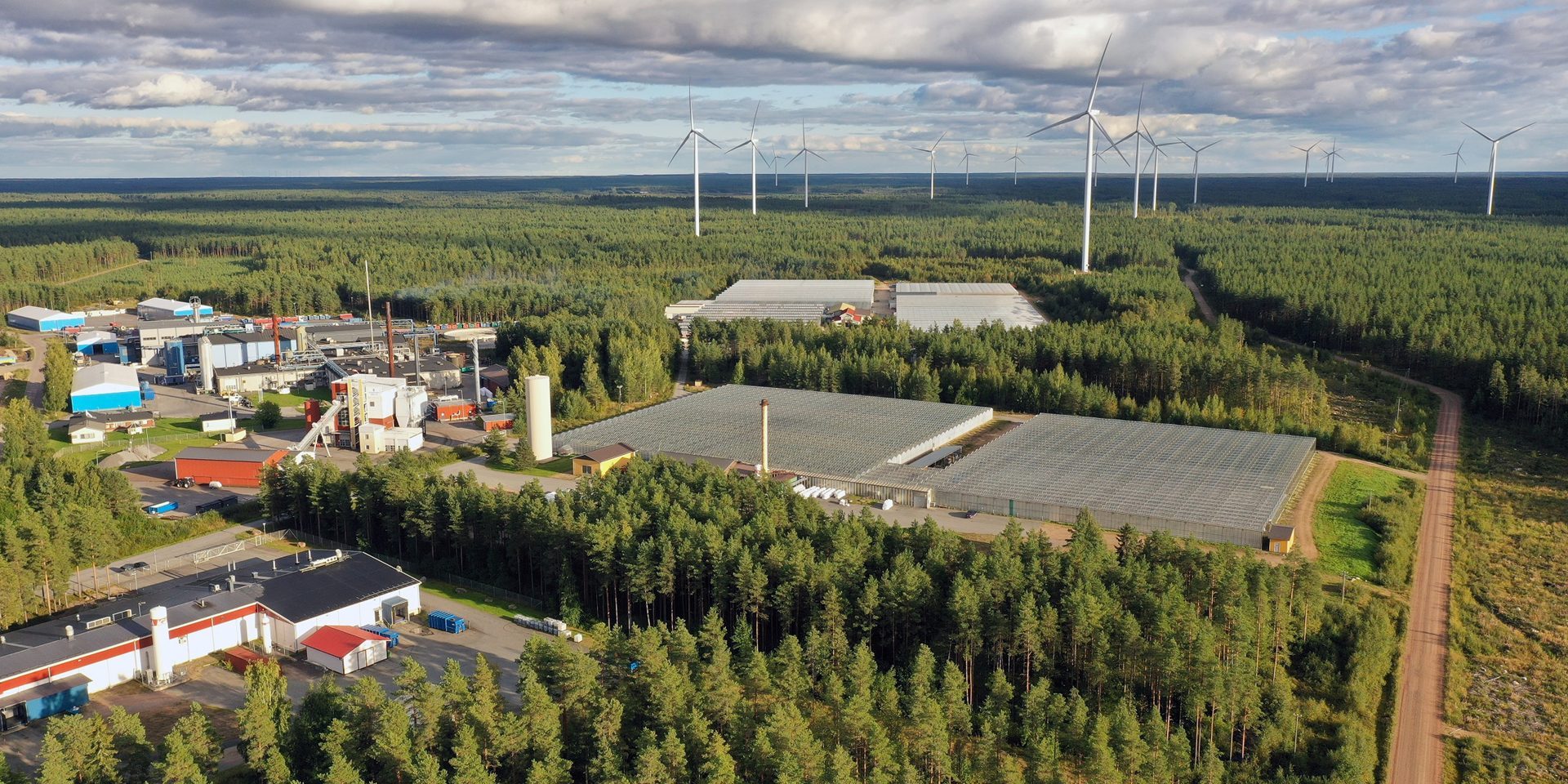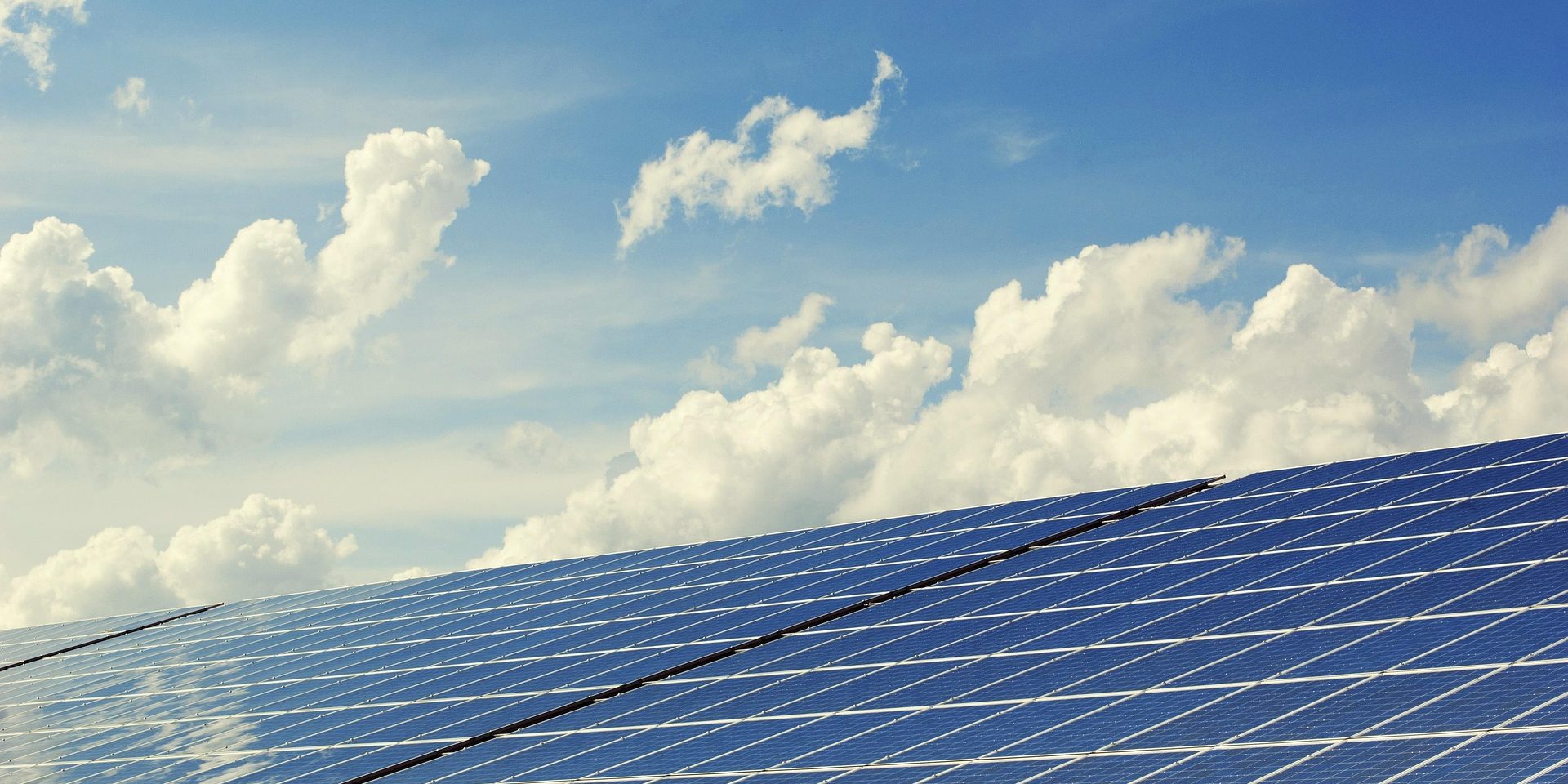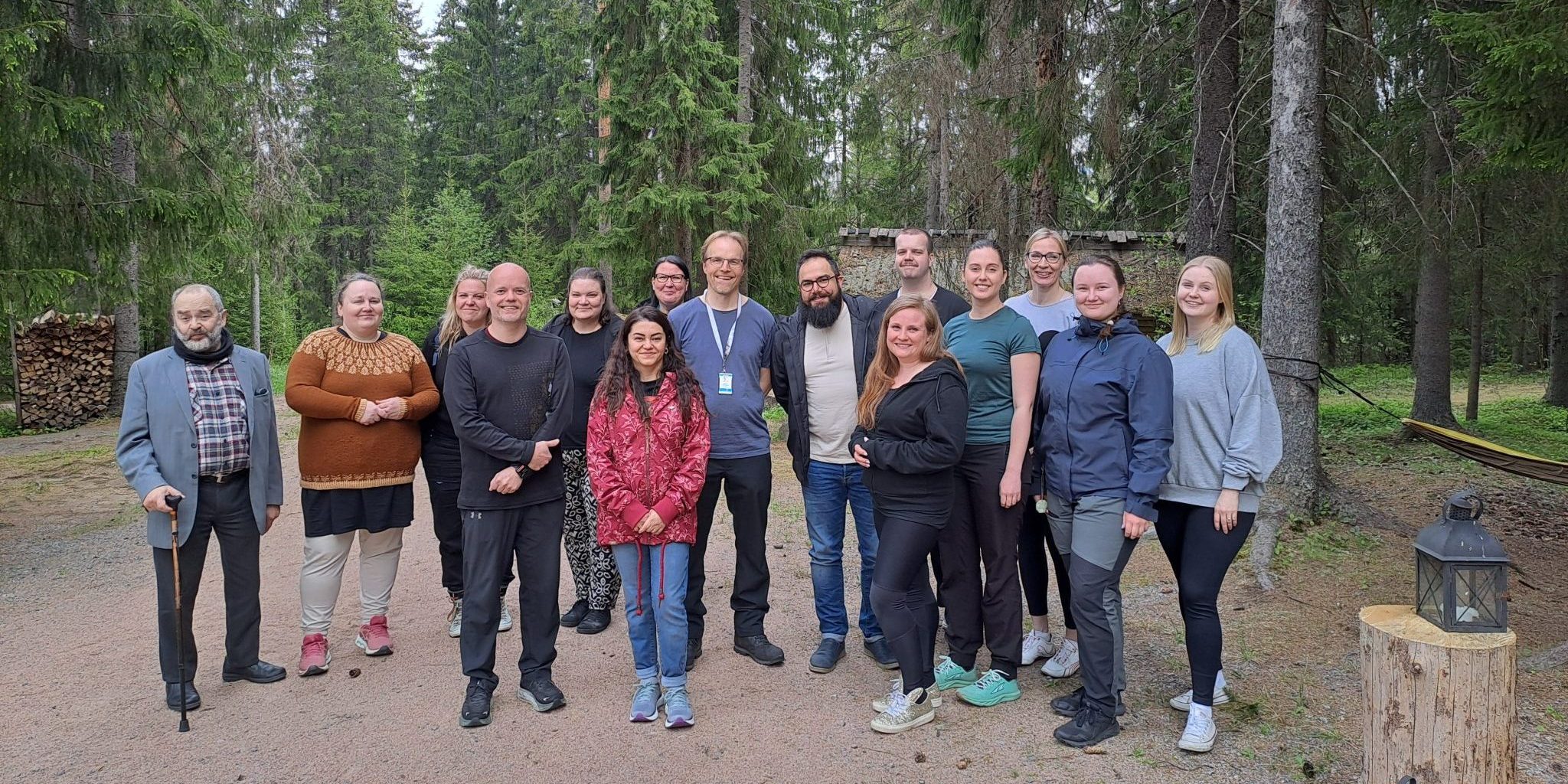Projects in the Resource Wisdom research area

The Art, Technology and Sustainable Tourism project introduces a completely new perspective to RDI activities by placing the visual artist at the core of the innovation process. The project will establish a permanent innovation platform grounded in visual art expertise, functioning as a multidisciplinary hub that brings together knowledge in visual arts, technology, and sustainable tourism. This platform is built on the collaboration of three universities of applied sciences (SAMK, LAB, and TUNI) and three UNESCO Global Geopark areas: Lauhanvuori–Hämeenkangas, Saimaa, and Salpausselkä. Its purpose is to integrate artistic thinking, problem-solving skills, and approaches to sustainable tourism.
Project activities include training sessions and pilot workshops in the Geopark areas. The trainings are targeted at individuals and professionals interested in the development of art, technology, and sustainable tourism.
Duration: 1.5.2024–30.4.2027
Funding: ESR+
Project Manager: Tomi Kuusimäki, tomi.kuusimaki@samk.fi
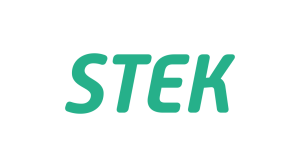
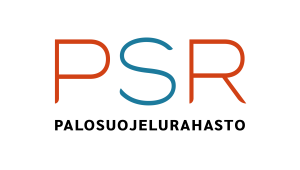
AURISKI FIRE CAUSE – Unified Investigation Model for Fire Causes in Solar PV Systems
The main objective of the project is to develop a fire cause investigation model for solar photovoltaic (PV) systems that enhances system safety and compliance with standards. Thorough and accurate investigation of fire causes improves residential safety and allows for better construction and maintenance standards, guidelines, and practices. This project therefore supports fire safety in both housing and construction.
In addition to design, implementation, and maintenance activities, the project promotes the effectiveness and performance of emergency services by providing a clearer and more efficient method for investigating fires in solar PV systems. The model developed in the project facilitates fire cause investigations and ensures comparable and systematic results, improving electrical, fire, and operational safety. The knowledge generated also supports education and broadly enhances electrical and fire safety among professionals and students in the electrical, construction, and property sectors.
Duration: 1 April 2025 – 31 December 2026
Funding: Finnish Electrical and Energy Efficiency Promotion Center (STEK), Finnish Fire Protection Fund
Project Manager: Marko Ylinen, marko.ylinen@samk.fi

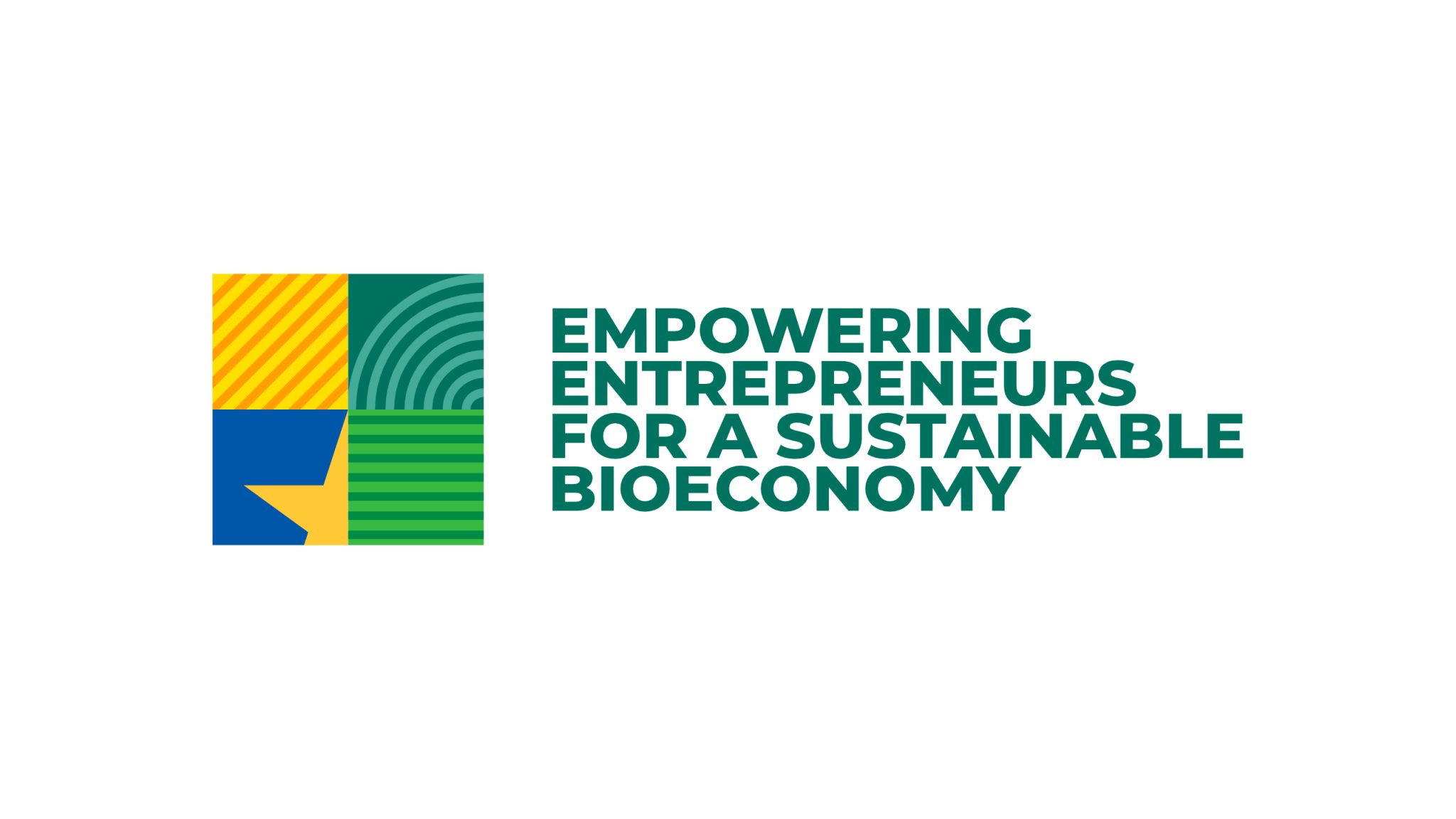
BioBusiness Catalyst: Empowering Entrepreneurs for a Sustainable Bioeconomy is an international capacity-building initiative that strengthens vocational education and training (VET) in the bioeconomy across Europe and Sub-Saharan Africa. It addresses identified skills gaps by developing a new Bio-Based Product Technician curriculum with a strong focus on circular economy principles, waste valorization, and sustainable entrepreneurship, supported by collaboration between VET providers, industry stakeholders, and policymakers.
To maximise accessibility and long-term uptake, the project integrates digital learning through the BioBusiness Lab e-learning platform, enabling flexible participation regardless of location and supporting inclusive, modern training delivery. The work programme is structured over a 24-month implementation period (January 2026–December 2027) and includes needs assessment, curriculum development and pilot training, digital tool deployment, and dissemination and sustainability actions.
The project is coordinated by Satakunta University of Applied Sciences (SAMK) and implemented with partners in Croatia, Ghana, Botswana, Tanzania, and Ethiopia:
- Pannonia – Croatia
- University of Education, Winneba (UEW)- Ghana
- Practicum Institute - Botswana
- Apex Agribusiness Academy (APEX) - Tanzania
- AFRICOM Technologies – Ethiopia
BioBusiness Catalyst is implemented under Erasmus+ Capacity Building in the field of VET.
Duration: January 2026–December 2027
Funding: Erasmus+ Capacity Building in the field of VET.
Project manager: Nasibeh Hedayati, nasibeh.hedayati@samk.fi and Ali Tavakoli, ali.tavakoli@samk.fi
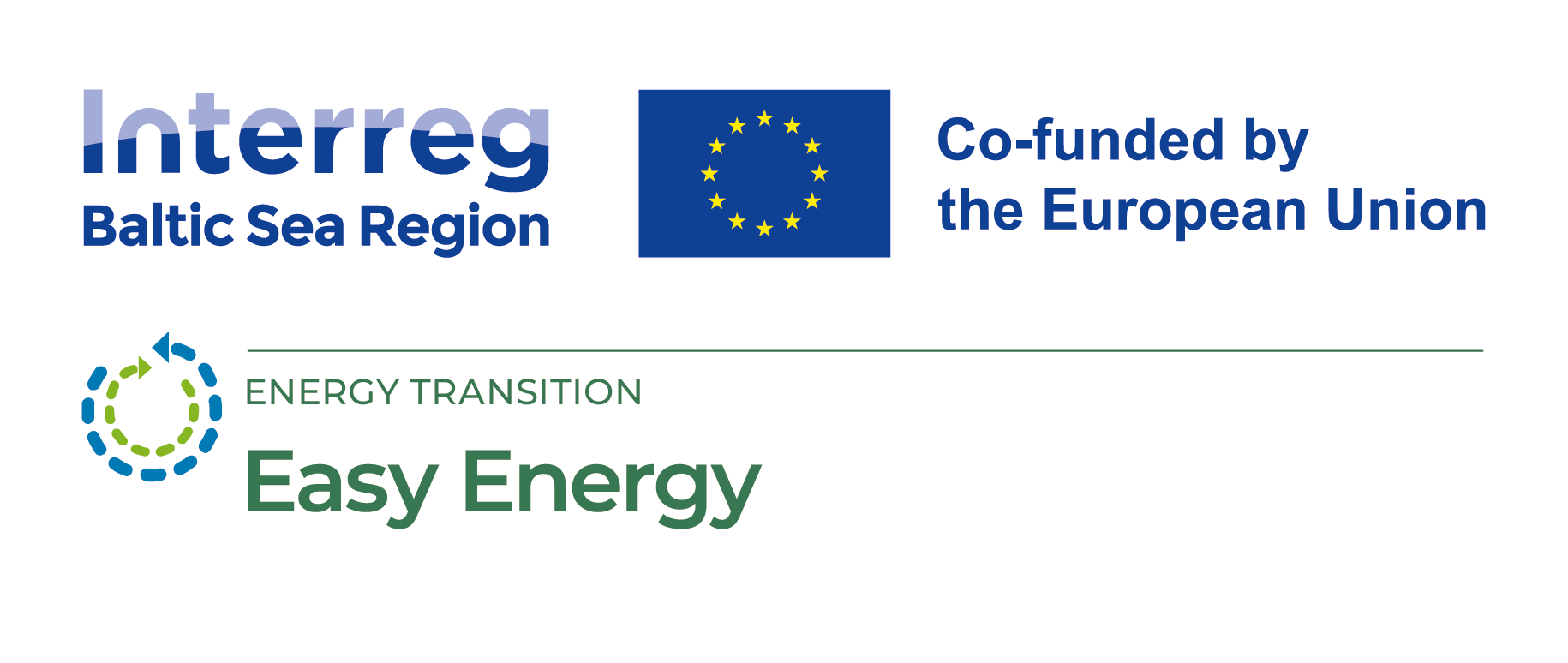
Many public buildings and especially micro and small businesses in the BSR have not yet implemented any energy efficiency measures. In part, this is because the energy audits offered are costly and time-consuming, and end up suggesting technical measures that, while extremely useful, take many years to pay off. Municipalities, with their large number of buildings, and SMEs have limited to no financial reserves to invest in this area. This is particularly true for rural areas which can still make a significant contribution in of solution development, piloting and transfer.
As the EU RePower Directive adopted in December 2022 notes, there is savings potential in low-tech solutions and behavioural change. Easy solutions that can be implemented quickly without high investments are needed. Exactly such solutions are developed (WP1), put to action in 50 buildings (WP2) and transferred in this project (WP3). The project focuses in particular on the fields of building insulation (Output 1) and water/electricity (Output 2).
Additionally, as an alternative to Energy Auditors, ’Energy Practitioners’ are being trained on a permanent basis for the first time (Output 3). Within the scope of the project, these practitioners will advise on the possible easy solutions and their implementation, but above all, they will also permanently strengthen energy efficiency in the low-tech sector beyond the duration of the project and advise local public authorities and SMEs in the long run.
Duration: 1.11.2023–31.10.2026
Funding: Interreg Baltic Sea Region programme
Project manager: Sirpa Sandelin, sirpa.sandelin@samk.fi

GreenScope is an Erasmus+ funded project that aims to develop an innovative and interdisciplinary educational platform to strengthen students’ skills in using EO (Earth Observation) and LiDAR technologies. The project – Advancing Student Skills in Environmental Monitoring Using Earth Observation and LiDAR Data – focuses on creating a modern, cross-disciplinary learning package that equips students with essential competencies for environmental monitoring based on EO and LiDAR data. It also aims to enhance higher education institutions’ capacity to integrate these technologies into their curricula, supporting the development of both digital and green skills. By bridging the skills gap in geospatial technologies related to environmental monitoring, the project prepares future professionals for careers in sustainability and climate resilience.
The project is coordinated by Algebra University (Croatia). In addition to SAMK, the consortium includes the AlterContacts think tank (Netherlands), Technische Hochschule Rosenheim (Germany), and Paris-Lodron-Universität Salzburg (Austria). Nova Scotia Community College (Canada) participates as an associated partner.
Duration: 1.11.2025–31.10.2028
Funding: Co-funded by the European Union
Project manager: Timo Kerminen, timo.kerminen@samk.fi

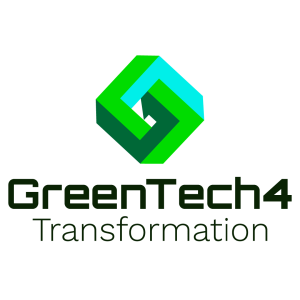
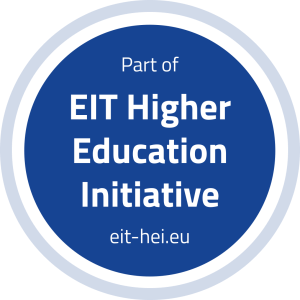

GreenTech4Transformation (GT4T) is a transformative initiative designed to empower Higher Education Institutions (HEIs) as leaders in sustainable innovation, entrepreneurship, and societal impact. Through focusing on key sectors such as the circular economy, digital transformation, and energy transition, GT4T integrates advanced research, deep-tech applications, and entrepreneurial training to tackle some of the most pressing challenges of our time. The project adopts a structured, interdisciplinary approach that connects HEI researchers, student innovators, and start-up ecosystems, aligning its outputs with Europe’s vision for a green and digital future.
At the heart of GT4T are nine work packages that form a cohesive framework for capacity building and innovation. These include the establishment of venture science labs to promote start-ups and scale-ups, challenge-based learning initiatives to enhance real-world problem-solving skills, and frameworks for inter-university collaboration to ensure long-term integration of project outcomes. The project emphasizes inclusivity by designing tailored programs for emerging professionals (ages 17–25) and experienced professionals (ages 55+), ensuring diverse perspectives and equitable participation in the innovation process.
GT4T’s consortium brings together expertise from three industrial partners in Finland, Germany, and Ireland; four programme newcomer HEIs in Finland, Germany, the Netherlands, and Türkiye; and one programme-experienced HEI in Ireland, along with 10 committed associated partners, including regional innovation hubs, industry organizations, and policy bodies. These partnerships amplify the project’s reach, enabling the creation of 30 start-ups, 60 strategic collaboration agreements, and three deep-tech innovations ready for market deployment. Through these efforts, GT4T not only addresses local and regional priorities but also strengthens Europe’s competitiveness on the global stage. Embedding sustainability and entrepreneurship into HEIs practices, GT4T aims to deliver long-term societal and economic benefits. The initiative targets training over 1,000 participants, building scalable innovation infrastructure, and fostering impactful collaborations. This positions European HEIs as key drivers of a sustainable, innovation-driven economy, ensuring Europe leads the global green transition.
Duration: April 2025-April 2027
Funding: EIT higher education initiative
Project manager: Ali Tavakoli, ali.tavakoli@samk.fi
Read more about the project: https://eit-hei.eu/projects/gt4t/

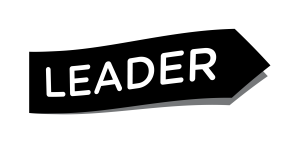

Houses and Crossroads – Creative Uses for Empty Properties is a project aimed at identifying vacant rural spaces in Northern Satakunta that can be repurposed as workspaces for creative professionals, for communal use, for small entrepreneurs, or as venues for events. The project will be implemented in the Northern Satakunta region and the Joutsenten Reitti area (Huittinen, Hämeenkyrö, Sastamala, Punkalaidun).
As concrete outcomes, the project will produce a report and communication materials showcasing the potential of vacant spaces for creative uses. It will also include a study on converting and reusing these spaces, as well as a video publication documenting the organization of events in such locations. The project aims to enhance the region's attractiveness and vitality, support entrepreneurship and the development of smart villages, strengthen tourism, and promote the sustainable use of buildings.
Duration: 1.8.2024–31.8.2026
Funding: Leader Northern Satakunta
Project Manager: Jesse Kitinoja, jesse.kitinoja@samk.fi



The project strengthens three key centres of expertise in Northern Satakunta, all of which utilise circular economy, green transition, and technological solutions: the Kirkkokallio Eco-Innovation Park, a network of companies in the construction product industry, and the GEO Learning Environment focused on environmental education. At the same time, the project fosters a strong sense of confidence in the future among local businesses, employees, and young people. The main target groups of the project are small and medium-sized enterprises, municipalities, and educational institutions. The City of Kankaanpää is an important collaborator for the project.
Duration: 1.10.2023–31.3.2026
Funding: EU’s Just Transition Fund, the Regional Council of Satakunta
Project manager: Tomi Kuusimäki, tomi.kuusimaki@samk.fi
More information about the project: https://psvsa.samk.fi/en/

The main goal of the RAKSU project is to develop a model for optimizing the carbon footprint of a construction project during a building’s design phase. A secondary objective is to enhance operational conditions and profitability in a construction project. The optimal solution is sought during the building’s design phase, and the analysis considers not only material use but also energy consumption over the entire life cycle. One key focus of the research is to study how the energy generated on the site and a building itself is considered when aiming for a low-carbon outcome.
The project aims to integrate low-carbon solutions comprehensively into the building design phase. When low-carbon performance, energy efficiency, and life-cycle cost are built into the design, implementing those solutions during construction and operation is simpler. During the design phase, decisions should be made regarding materials, products, and systems that enable cost-effective minimization of environmental impacts and energy consumption throughout the building’s lifecycle. To achieve and verify these goals, carbon footprint levels and energy consumption must be measured and optimized already during the design phase. The design phase sets the decisions that enable the building’s low-carbon performance to be realized during the construction and the operation phase.
The project develops solutions for how future construction projects in Satakunta can implement optimal low-carbon solutions in terms of building materials, energy use, and costs, and how each phase of the construction project can enable the realization of this comprehensive approach in the finished building.
Duration: 1.3.2023–31.10.2025
Funding: Supporting sustainable growth and vitality in regions (AKKE)
Project manager: Mari Kujala, mari.kujala@samk.fi

Increasing permeability between vocational and higher education and recruiting universities to launch further education in climate and environmental protection. The aim is to provide qualified entrepreneurs, managers and skilled workers and to reduce the shortage of skilled workers as well as to meet the challenges in climate and environmental protection. Strengthening the productivity of SMEs through innovation support and R&D projects and promoting cooperation between SMEs and colleges/universities belong to the goals of the project too.
Duration: 1.12.2022 –30.11.2025
Funding: Erasmus+ programme
Project manager: Sirpa Sandelin, sirpa.sandelin@samk.fi

The purpose of the RETAKE project is to provide knowledge on how developing business models can significantly reduce the energy consumption of construction and buildings. One way to reduce the energy used in production is to lower production volumes, which decreases the energy needed for raw material processing, industrial assembly, and logistics.
Within RETAKE, a co-developed model will be created for applying take-back systems in business plans to reduce the need for manufacturing new building components. Take-back business models refer to approaches in which the company that sold or manufactured a product benefits from its long-term durability, for example by managing its aftermarket. In this way, the company can simultaneously reduce production and increase turnover.
The project consists of five work packages. Of the four participating universities of applied sciences, three of them coordinate one work package each, while Tampere University of Applied Sciences acts as the lead partner and coordinates two work packages. The other partners are Satakunta University of Applied Sciences, Seinäjoki University of Applied Sciences, and Metropolia University of Applied Sciences.
As part of the project activities, company interviews, workshops, and webinars will be organized, and businesses are welcome to join.
Duration: August 2025–December 2027
Funder: European Regional Development Fund (ERDF), ELY Centre of North Ostrobothnia
Project Manager: Sanna Lindgren, sanna.lindgren@samk.fi

![]()
Laser welding has become increasingly competitive in applications where precision, speed and repeatability are essential. With robotics, the method significantly improves production quality, efficiency and safety. The project aims to strengthen the capabilities of Satakunta-based companies in using fibre lasers for welding, cleaning and cutting.
The project includes demonstrations using companies’ own products and applies industrial design-of-experiments methods to better understand how welding parameters interact. It also features laser welding workshops and company-specific assessments conducted through technology walks. In addition, the project also concentrates in laser safety and the development of related safety competences. As a result, workshops in Satakunta gain a comprehensive understanding of robotised laser welding, the safe use of fibre lasers and the method’s benefits and challenges.
Laser welding demonstrations are carried out at SAMK’s Mechanical Engineering Laboratory in Pori and in local companies, by the Resource Wisdom research area in collaboration with Sataedu.
Duration: 1.8.2025-31.10.2026
Funder: Porin Aikuiskoulutussäätiö and Satakunta ELY Centre.
Project Manager: Teemu Harjula, teemu.m.harjula@samk.fi
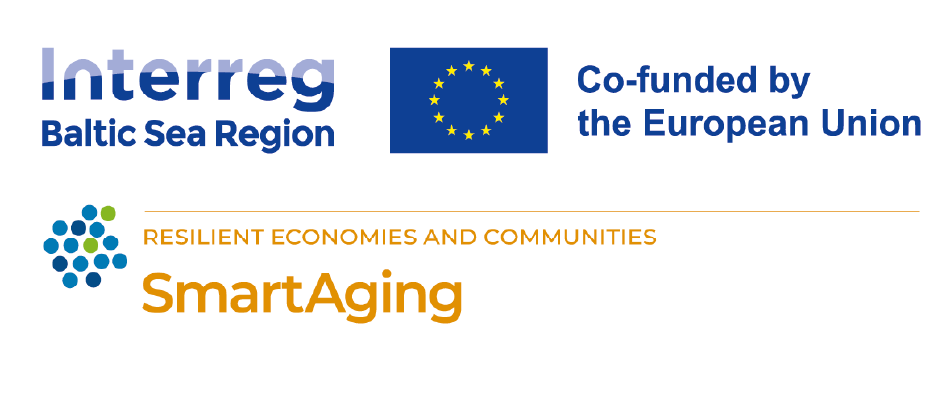
SmartAging is a transnational project focused on improving indoor environments in assisted living through sustainable, inclusive, and environmentally responsible design.
The project develops long-lasting, adaptable space solutions using bio-based materials and low-carbon design strategies, aiming to enhance everyday well-being for older adults. With a combination of real-life prototyping and user-cantered design, SmartAging addresses both physical and emotional needs of aging populations.
Alongside technical innovation, SmartAging invests in education and capacity-building by producing training materials for future designers, architects, engineers, and care specialists committed to creating sustainable, age-friendly environments.
The project is coordinated by Satakunta University of Applied Sciences (SAMK) through its Resource Wisdom research entity, and involves the following partners:
- Ikigaia Oy (Finland)
- Interesting Times Gang AB (Sweden)
- Albertinen-Haus Zentrum für Geriatrie und Gerontologie gGmbH (Germany)
- Poznań University of Life Sciences (Poland)
Funding: SmartAging is funded by the Interreg Baltic Sea Region (BSR) Programme 2021–2027.
SmartAging : March 2025 – February 2028
Project manager: Ali Tavakoli, ali.2.tavakoli@samk.fi
More information about the project: https://interreg-baltic.eu/project/smartaging/


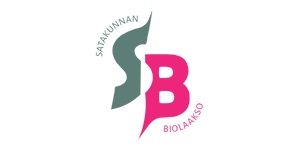
The project supports South-Eastern Satakunta’s transition to a low-carbon economy by strengthening local businesses’ innovation activities and revitalizing the regional economy. The goals are to boost the confidence of companies, employees, and young people in the future and to ensure the availability of skilled labor for the food industry.
Key Actions:
- Satakunta BioValley: We are building a dynamic ecosystem to develop the food value chain and strengthen the food industry in Satakunta area.
- Technology and green transition pilots: We offer companies free studies and pilots of new technology solutions, such as robotics, automation and green logistics.
- Education and industry connections: We are developing educational pathways in cooperation with educational institutions and connecting businesses with students to secure a skilled workforce for the future.
Duration: January 1, 2024 – June 30, 2026
Funding: The project is funded by the EU, the Regional Council of Satakunta and SAMK. It receives EU funding from the Just Transition Fund (JTF), which supports the green transition and manages the impacts of reduced peat production. The total project budget is 912,757 € of which 730,204 € comes from EU funding.
Project Manager: Annika Eklöf, annika.eklof@samk.fi
More information about the project: https://satakunnanbiolaakso.fi/teknologisesti-vihreampi-ja-vireampi-etela-satakunta/
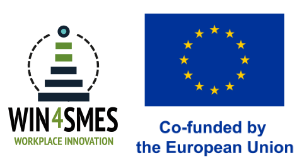
The project WIN4SMEs aims to increase HR- and workplace innovation competences of SMEs by developing training programmes approaching workplace innovations, and by creating competence centres (Centres of Vocational Excellence, CoVEs) in the countries participating in the project to meet the competence needs of the SME sector. In Finland, the CoVE is coordinated by vocational education institute Sataedu. The other Finnish partners are Satakunta Chamber of Commerce and Satakunta University of Applied Sciences.
Duration: 15.3.2024–14.3.2028
Funding: Erasmus+ COVE programme
Project manager: Sirpa Sandelin, sirpa.sandelin@samk.fi
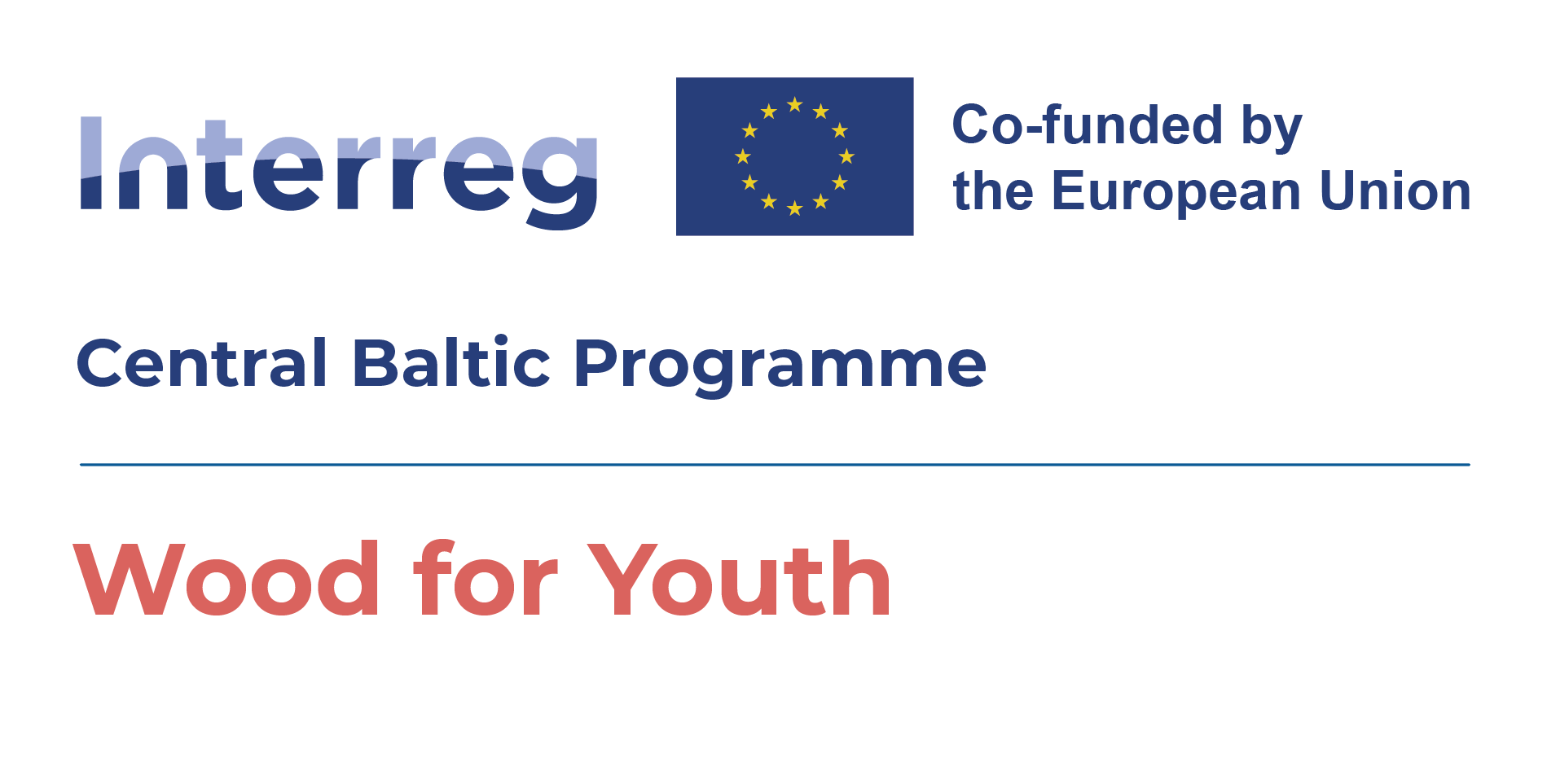
The project aims to increase the competitiveness of youngsters in the international construction labour market. The challenge of the project is to attract youth to study practical skills that would raise their competitiveness for working at woodhouse manufacturing companies. As the woodhouse manufacturing industry is steadily growing along with the increasing popularity of wood as a sustainable construction material, the industry has a constant need of the skilled labour force. During the project, a training programme based on interactive e-learning and hands-on practical internships will be created and tested.
To train competitive youngsters for the international labour market of the Central Baltic countries, the partners integrate international standards of wood house manufacturing and cross-border internships in the training programmes.
Duration: 1.1.2023–28.2.2026
Funding: Interreg Central Baltic programme
Project Manager: Sirpa Sandelin, sirpa.sandelin@samk.fi
Completed projects
Promoting permeability through dual bachelor’s programs with integrated initial and further vocational training BA&VET

Increasing permeability between vocational and higher education and recruiting universities to launch further education in climate and environmental protection. The aim is to provide qualified entrepreneurs, managers and skilled workers and to reduce the shortage of skilled workers as well as to meet the challenges in climate and environmental protection. Strengthening the productivity of SMEs through innovation support and R&D projects and promoting cooperation between SMEs and colleges/universities belong to the goals of the project too.
Duration: 1.12.2022 –30.11.2025
Funding: Erasmus+ programme
Project manager: Sirpa Sandelin, sirpa.sandelin@samk.fi
Easy Energy – Easy Energy Efficiency solutions for public buildings and small companies in the BSR

Many public buildings and especially micro and small businesses in the BSR have not yet implemented any energy efficiency measures. In part, this is because the energy audits offered are costly and time-consuming, and end up suggesting technical measures that, while extremely useful, take many years to pay off. Municipalities, with their large number of buildings, and SMEs have limited to no financial reserves to invest in this area. This is particularly true for rural areas which can still make a significant contribution in of solution development, piloting and transfer.
As the EU RePower Directive adopted in December 2022 notes, there is savings potential in low-tech solutions and behavioural change. Easy solutions that can be implemented quickly without high investments are needed. Exactly such solutions are developed (WP1), put to action in 50 buildings (WP2) and transferred in this project (WP3). The project focuses in particular on the fields of building insulation (Output 1) and water/electricity (Output 2).
Additionally, as an alternative to Energy Auditors, ’Energy Practitioners’ are being trained on a permanent basis for the first time (Output 3). Within the scope of the project, these practitioners will advise on the possible easy solutions and their implementation, but above all, they will also permanently strengthen energy efficiency in the low-tech sector beyond the duration of the project and advise local public authorities and SMEs in the long run.
Duration: 1.11.2023–31.10.2026
Funding: Interreg Baltic Sea Region programme
Project manager: Sirpa Sandelin, sirpa.sandelin@samk.fi
Optimizing carbon footprint of a construction project in Satakunta - RAKSU

The main goal of the RAKSU project is to develop a model for optimizing the carbon footprint of a construction project during a building’s design phase. A secondary objective is to enhance operational conditions and profitability in a construction project. The optimal solution is sought during the building’s design phase, and the analysis considers not only material use but also energy consumption over the entire life cycle. One key focus of the research is to study how the energy generated on the site and a building itself is considered when aiming for a low-carbon outcome.
The project aims to integrate low-carbon solutions comprehensively into the building design phase. When low-carbon performance, energy efficiency, and life-cycle cost are built into the design, implementing those solutions during construction and operation is simpler. During the design phase, decisions should be made regarding materials, products, and systems that enable cost-effective minimization of environmental impacts and energy consumption throughout the building’s lifecycle. To achieve and verify these goals, carbon footprint levels and energy consumption must be measured and optimized already during the design phase. The design phase sets the decisions that enable the building’s low-carbon performance to be realized during the construction and the operation phase.
The project develops solutions for how future construction projects in Satakunta can implement optimal low-carbon solutions in terms of building materials, energy use, and costs, and how each phase of the construction project can enable the realization of this comprehensive approach in the finished building.
Duration: 1.3.2023–31.10.2025
Funding: Supporting sustainable growth and vitality in regions (AKKE)
Project manager: Mari Kujala
Direct line!
Does your company have an idea for co-operation? Contact us!
Mikko Lehtonen
Head of Research
SAMK
+358 44 710 6362
mikko.lehtonen@samk.fi

